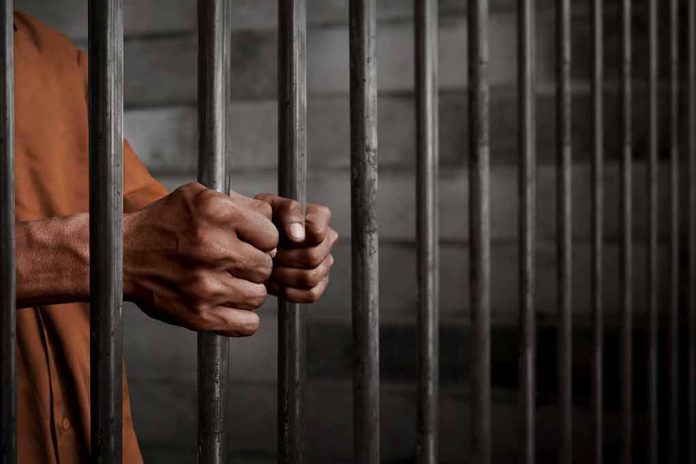
President Donald Trump grants a full pardon to Ross Ulbricht, the controversial founder of Silk Road, sparking debate on digital rights and executive clemency.
Key Takeaways
- Ross Ulbricht, founder of the dark web marketplace Silk Road, received a full pardon from President Trump.
- The pardon has ignited discussions on digital rights, executive clemency, and the role of cryptocurrencies in online marketplaces.
- Libertarian activists and cryptocurrency enthusiasts have long advocated for Ulbricht’s release, viewing his case as an example of excessive punishment.
- Trump’s decision to pardon Ulbricht is part of a broader pattern of using presidential pardoning powers, including for individuals connected to the January 6 Capitol riot.
- The pardon raises questions about the balance between law enforcement and individual rights in the digital age.
Trump’s Controversial Pardon Decision
In a move that has sent ripples through political and social circles, President Donald Trump has granted a full pardon to Ross Ulbricht, the founder of the infamous dark web marketplace Silk Road. Ulbricht, who had been serving two life sentences plus 40 years for charges including drug trafficking, computer hacking, and money laundering, has been at the center of a long-standing debate over digital rights and the limits of government intervention in online spaces.
The President’s decision to pardon Ulbricht comes as a fulfillment of a campaign promise and has been met with a mixed response. Supporters of Ulbricht, particularly within the libertarian and cryptocurrency communities, have hailed the move as a victory for digital freedom and a rebuke to what they see as government overreach.
Libertarian Support and Cryptocurrency Connections
The pardon of Ross Ulbricht has been particularly celebrated by libertarians who have long viewed his case as emblematic of excessive government punishment and a failure to understand the complexities of digital rights. Ulbricht’s operation of Silk Road under the pseudonym “Dread Pirate Roberts” was inspired by libertarian economic theory, and his supporters argue that he did not personally engage in the sale of illicit goods.
“Ross Ulbricht has been a libertarian political prisoner for more than a decade. I’m proud to say that saving his life has been one of our top priorities and that has finally paid off,” said Libertarian National Committee Chair Angela McArdle.
The Bitcoin community, in particular, has expressed relief and satisfaction with the pardon. Ulbricht had become something of a folk hero among cryptocurrency enthusiasts for his role in popularizing Bitcoin as a means of transaction on Silk Road. At the time of Ulbricht’s arrest, Bitcoin was valued at around $130, a far cry from its current value, highlighting the significant changes in the cryptocurrency landscape since the Silk Road case began.
Ross Ulbricht has been freed by President Trump with a full pardon! Thank you for keeping your word to me and others who have been advocating for Ross’ freedom, Mr. President! #freeRoss pic.twitter.com/wOJVFX1DaA
— Thomas Massie (@RepThomasMassie) January 22, 2025
Implications for Executive Clemency and Justice
Trump’s pardon of Ulbricht is part of a broader pattern of the President wielding his pardoning powers. This includes pardons for individuals connected to the January 6 Capitol storming, raising debates about executive overreach and the nature of justice in high-profile cases.
The President’s criticism of Ulbricht’s prosecution and sentencing as “ridiculous” has reignited discussions about the appropriate balance between law enforcement and individual rights in the digital age. It also raises questions about the role of executive clemency in cases that involve emerging technologies and online marketplaces.
Looking Ahead: The Future of Digital Rights and Executive Power
As Ross Ulbricht leaves prison, the implications of his pardon will continue to reverberate through legal, political, and technological circles. The case highlights the ongoing challenges in adapting legal frameworks to rapidly evolving digital landscapes.
For supporters of digital rights and cryptocurrency advocates, Ulbricht’s pardon represents a significant victory. However, critics may view it as a concerning precedent that could undermine efforts to regulate online marketplaces and combat cyber-enabled crime. As the debate unfolds, it’s clear that the intersection of technology, law, and executive power will remain a critical area of discussion in the years to come.









